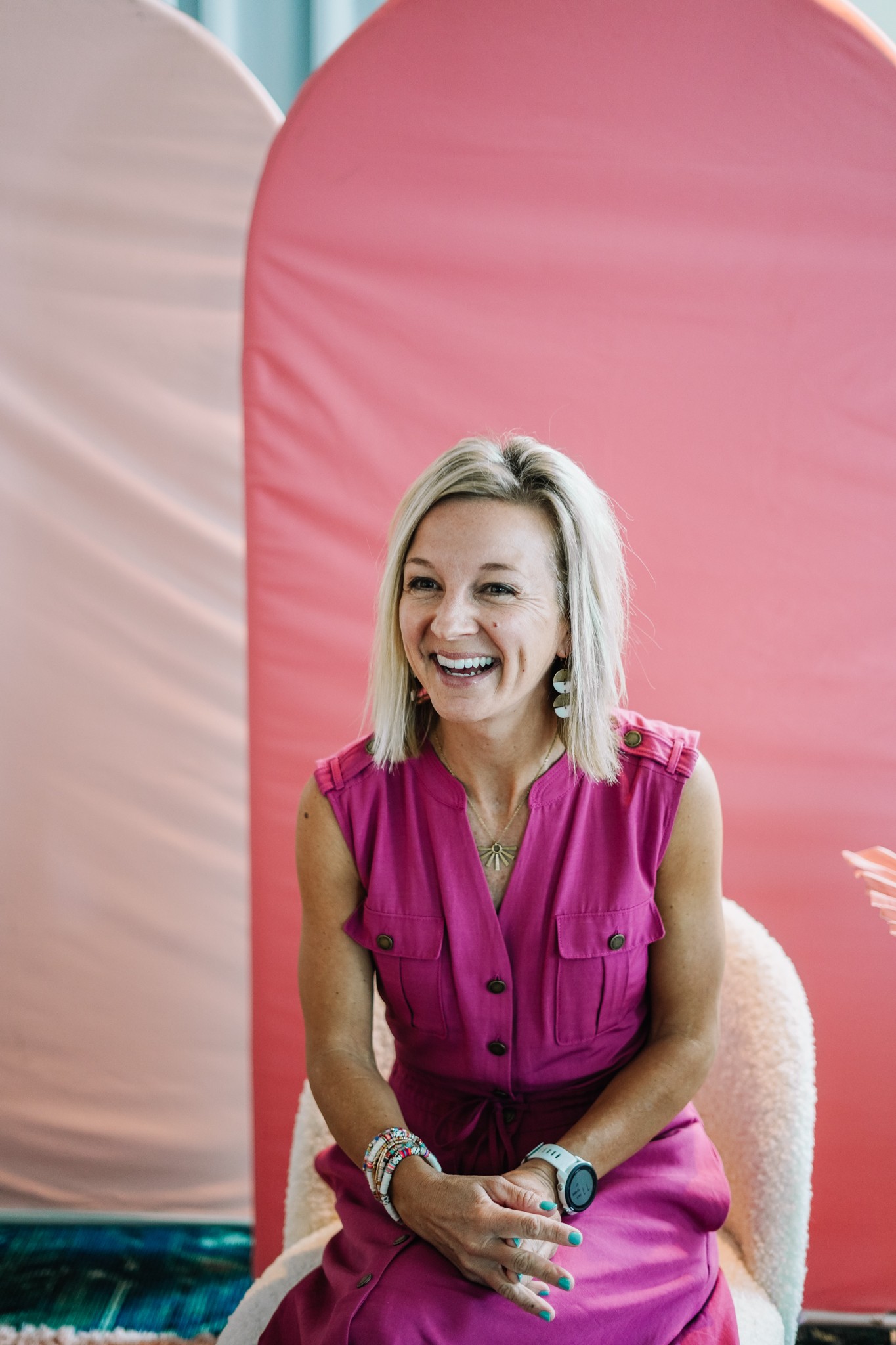We’re excited to introduce you to the always interesting and insightful Sarah Young. We hope you’ll enjoy our conversation with Sarah below.
Hi Sarah, thanks for joining us today. Your ability to build a team is often a key determinant of your success as a business owner and so we’d love to get a conversation going with successful entrepreneurs like yourself around what your recruiting process was like -especially early on. How did you build your team?
I have learned that I am not always good at making hiring decisions based on interviews alone. I easily get excited about candidates, which leads me to overlook red flags (a lesson I’ve learned the hard way) or instances of a fit/skills mismatch (in more commonplace scenarios).
As a result, I have switched up the order of my hiring process, which has been game changing.
Rather than starting with an interview, I typically now do the following:
1. Request information for the role in a very specific format (ie: please send an email with XYZ title with your resume attached).
This often weeds out a large initial batch of candidates if:
a) the candidate does not follow this format, or
b) the candidate sends a templated email, or
c) the candidate sends an email, applying to the position, that says something like, “what do you do?” and hasn’t looked at the website or job description.
2. Start with a small, paid project. This is usually 1-2 hours of work, compensated at the person’s normal rate (or, if this hasn’t been established yet, at a rate that feels joyful and fair to the candidate).
For me, this is the single most helpful thing we can do during the hiring process. This allows us to see not only the work product, but how the candidate thinks about the project; how they present it; and how they communicate about it.
3. Then, move to references and an interview.
I typically check 2-3 references per candidate, and am currently experimenting with moving the interview to the *end* of the process.
While this order of events might sound a bit radical, I’m finding that it is leading me to much better hiring decisions, and it puts a process in place that solves for my own tendency to want to hire everyone I interview because I like them or because I can see their future potential —which might not align with current state needs.
Research has shown that most of us are actually not very good at making hiring decisions based on interviews alone, and that we bring all sorts of personal biases into the process, even if we try not to.
For example, it has been proven that we are more likely to hire someone who is perceived to be “like us.”
Incorporating a project (a real project that relates to work you’re currently doing) is a way to align hiring decisions with skills, competencies, and quality of work, rather than simply on “personality” —which does not tend to correlate to fit.
This also respects the candidate’s time, because they can get a sense of whether the type of work aligns with what they most want to be doing.
I know that this process isn’t possible in all environments, but it works great within the context of my own business.
For me, this is a way to work with myself rather than working against myself.
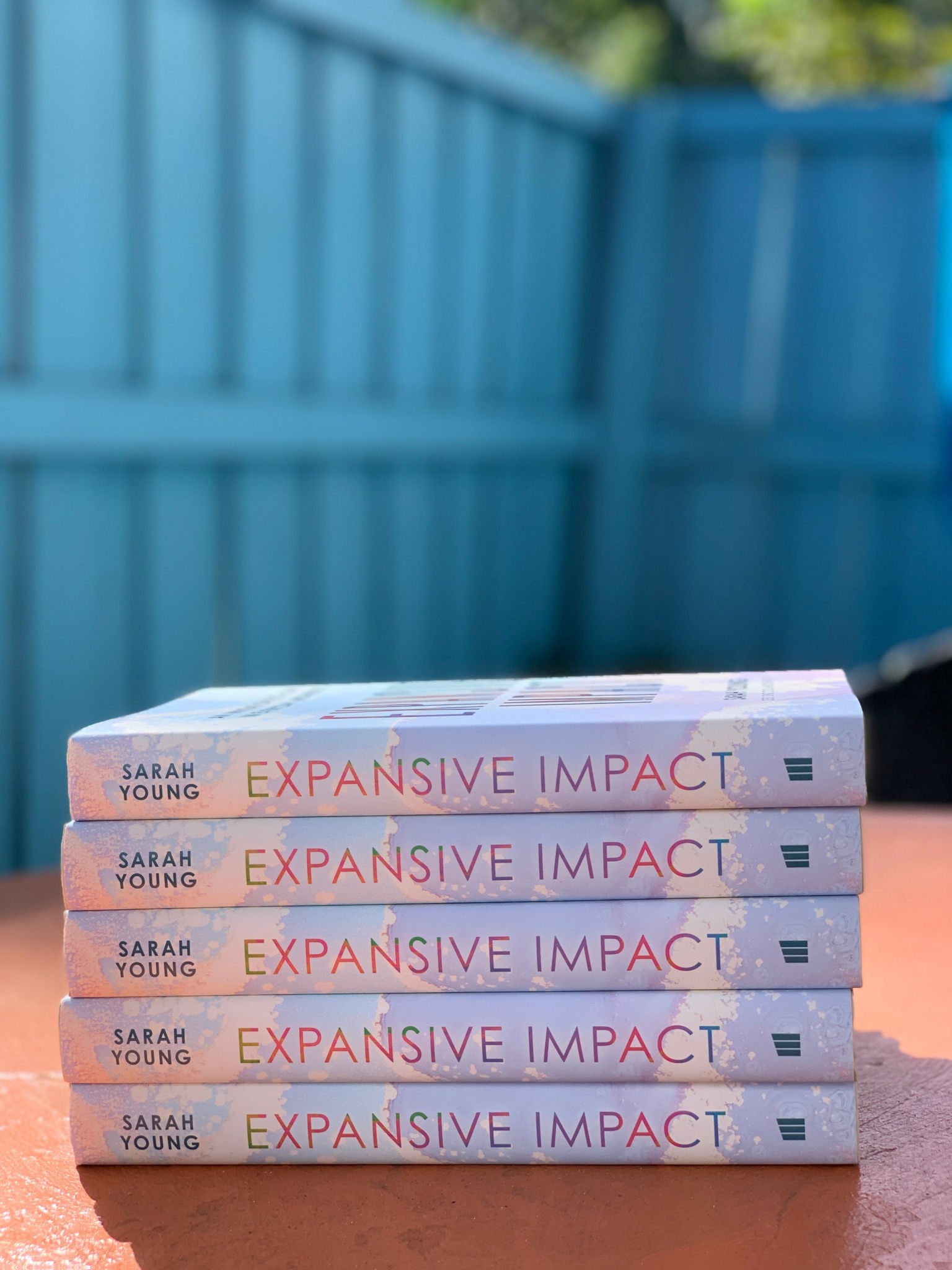
Great, appreciate you sharing that with us. Before we ask you to share more of your insights, can you take a moment to introduce yourself and how you got to where you are today to our readers.
Hi! I’m Sarah, and am the founder and CEO of Zing Collaborative, a leadership development and executive coaching company that partners with forward-looking organizations to elevate their leadership capacity and equip their leaders as they look to the future. I’m also the author of a book called Expansive Impact: An Invitation to Lead in Everyday Moments.
Our team works across industries —from construction, to manufacturing, to insurance firms and PR agencies, to high growth startups in the healthcare IT space. I typically partner closely with CEOs and executive teams; Zing Collaborative also has a signature leadership experience that we run inside of organizations for managers, leaders, and up-and-coming leaders/new managers.
I am grateful to have been serving clients in this capacity since 2013 and am a CPCC (certified professional co-active coach); PCC (professional certified coach); and certified ScrumMaster. I am also trained in Systems Coaching through CRR Global and attended CTI’s year-long leadership program.
When I’m not with clients, I’m often spending time outside; experimenting in the kitchen; soaking up the sunshine; checking out a local market; and spending time with my family.
Two things that I’m most proud of within the context of my business:
1. I have tried very hard to uphold an approach based on integrity. . . which to me means doing what is right, and not always what is easy. It also means looking for win/win/win solutions that are good for everyone involved —for our clients, for our company, and for the greater good (whether that is our community, or the earth). While integrity is a word that is thrown around a lot, I believe it comes down to many tiny decisions we make every single day.
2. Another thing I’m proud of is some feedback we recently got from one of our favorite clients: that we have a refreshing, no-drama approach, and that this is a differentiator compared to others in our industry. I personally have a low level of tolerance for drama, and it was meaningful to me that our client was able to both recognize, and appreciate, the way we integrate this no-drama approach into our business.
In terms of other things to know: we work best with forward-looking leaders who are typically in some sort of growth or transitional place with their company. Oftentimes, they are making big revenue leaps (ie: going from 20 million to 40 or 60 million in revenue); working on succession planning with their next groups of leaders; scaling a purpose-based startup, thinking about how to equip new managers to be successful as leaders; or in some cases all of the above. Many of the companies we work with have received recognition (both formally and informally) for being great places to work; having strong company culture; and giving back in meaningful ways. Our clients are truly incredible.
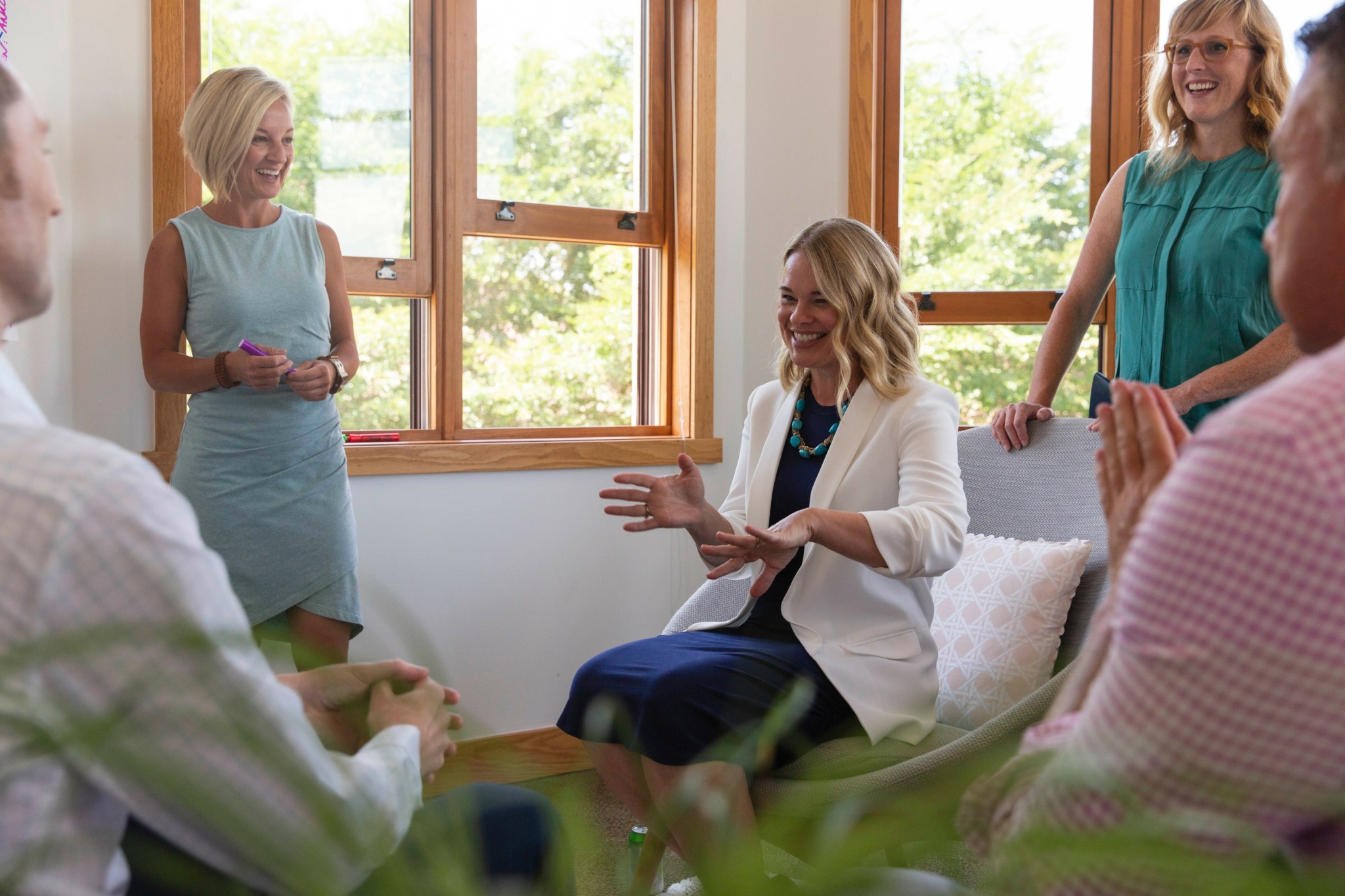
We often hear about learning lessons – but just as important is unlearning lessons. Have you ever had to unlearn a lesson?
A lesson that I continue to unlearn over and over again is that not every single white space on the calendar must be filled.
While working in the corporate world many years ago, it was common for our calendars to be double and even triple booked at any given time.
Since starting Zing Collaborative in 2013, I have noticed my strong tendency to recreate this same structure within my own calendar. I call this affliction “tiny boxes on the calendar,” and it is a daily practice for me to create space in each day, and not to just “squeeze in” one more thing.
For me, this is the lesson that keeps on giving!
A related lesson is to wait 24 hours before responding to something. Related to the above, if I see a white space on the calendar, my default response to a meeting, request, or invitation is “yes!” because technically it fits on the calendar. However, oftentimes “squeezing in” just one more thing is not in the highest good of everyone involved. Similarly, this is a lesson that I must practice each day.

Where do you think you get most of your clients from?
We are grateful that most of our new client come via referral —either from a current client, or from another trusted relationship.
The benefit of this is that wonderful people tend to know other wonderful people.
The downside of this is that it sometimes leads us to pay less attention than we should to certain behind-the-scenes aspects of the business such as SEO, the back end of the website, etc.
Contact Info:
- Website: https://www.zingcollaborative.com
- Instagram: https://instagram.com/zingcollaborative
- Linkedin: https://www.linkedin.com/in/zingcollaborative/
- Other: All of the podcasts that I’ve done in the last few years live on this Spotify playlist. https://open.spotify.com/playlist/2LfWJjBOgNRlUySDnQOtLH?si=cdac294258d34b3f
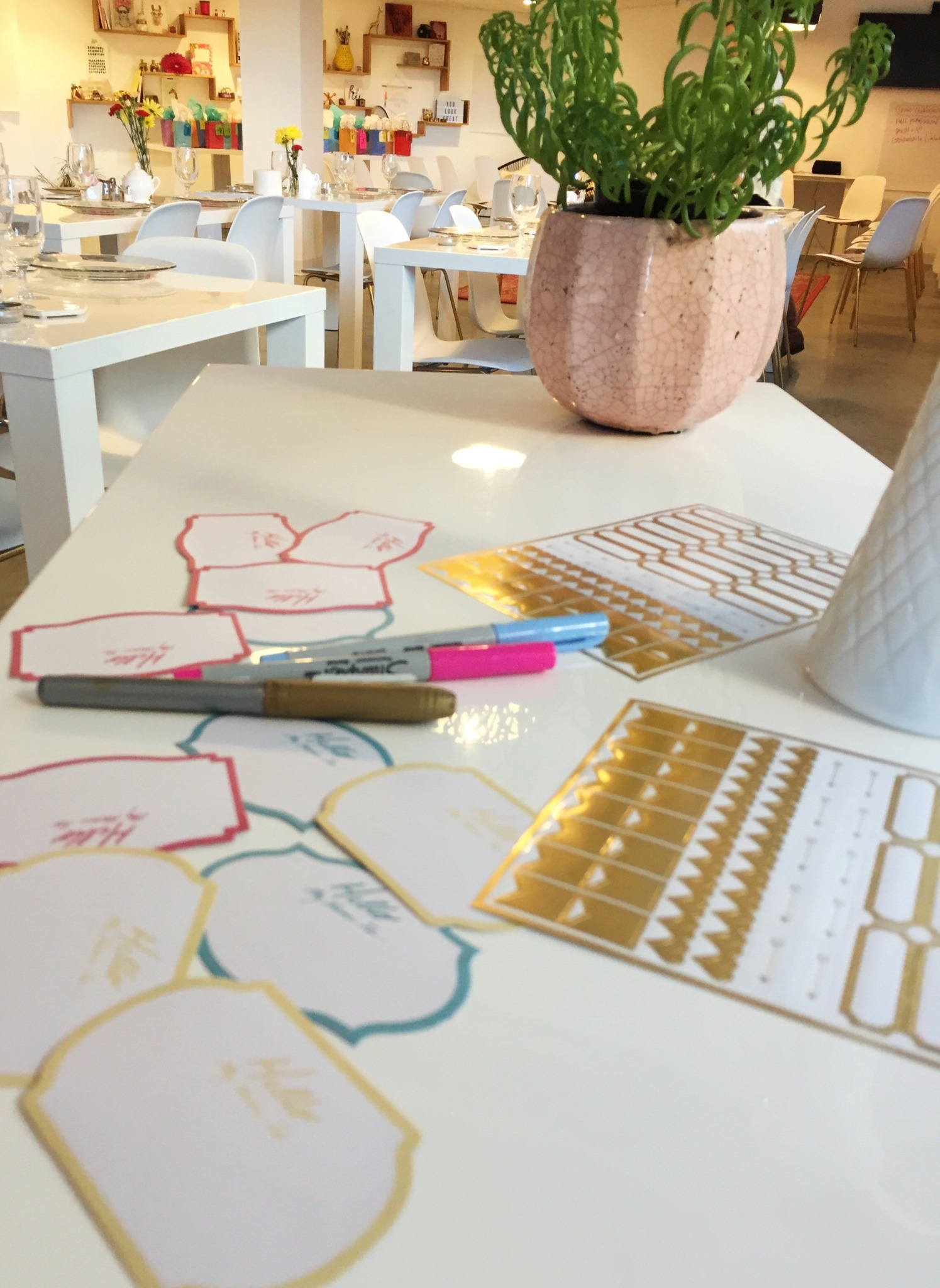
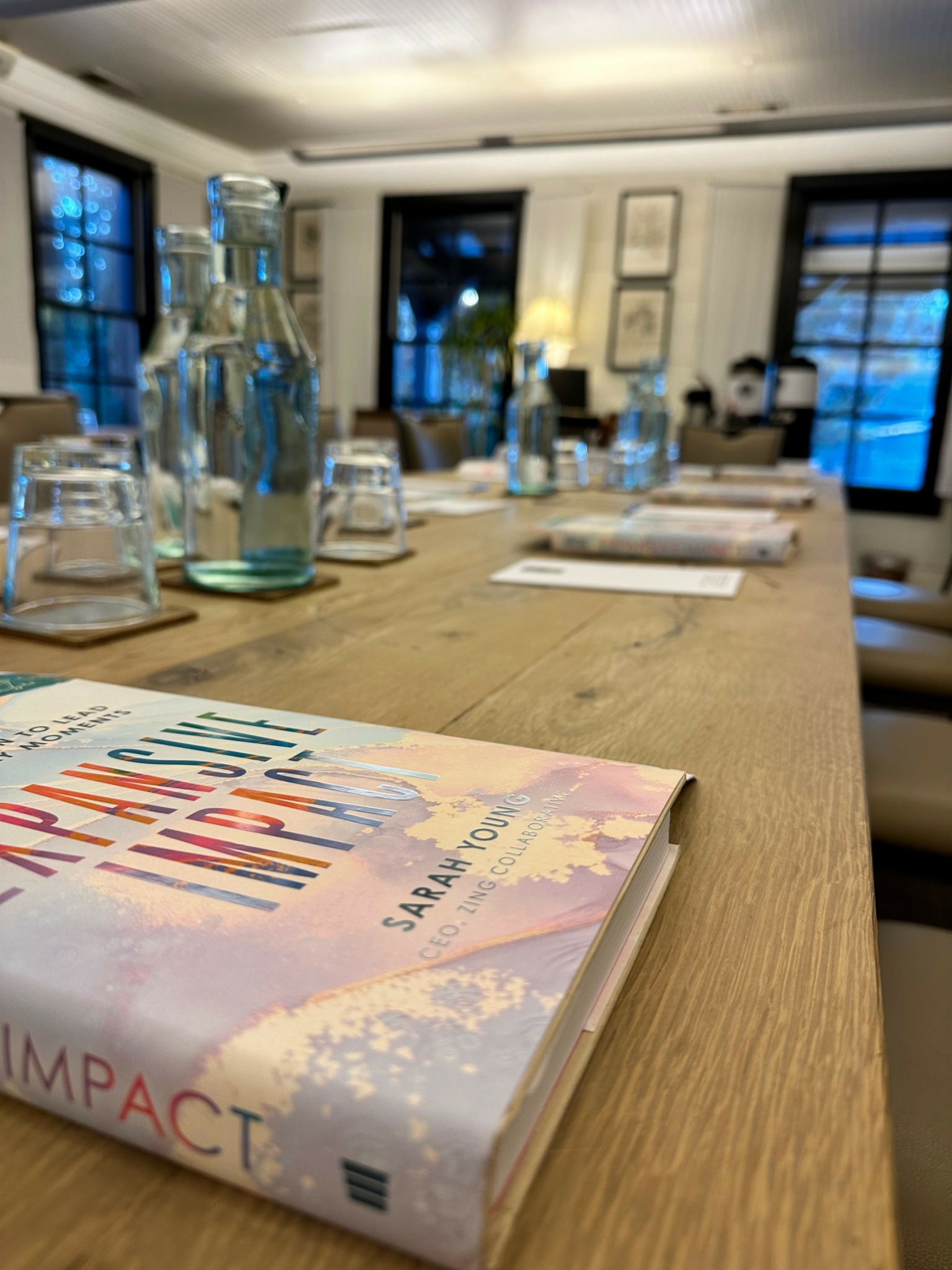
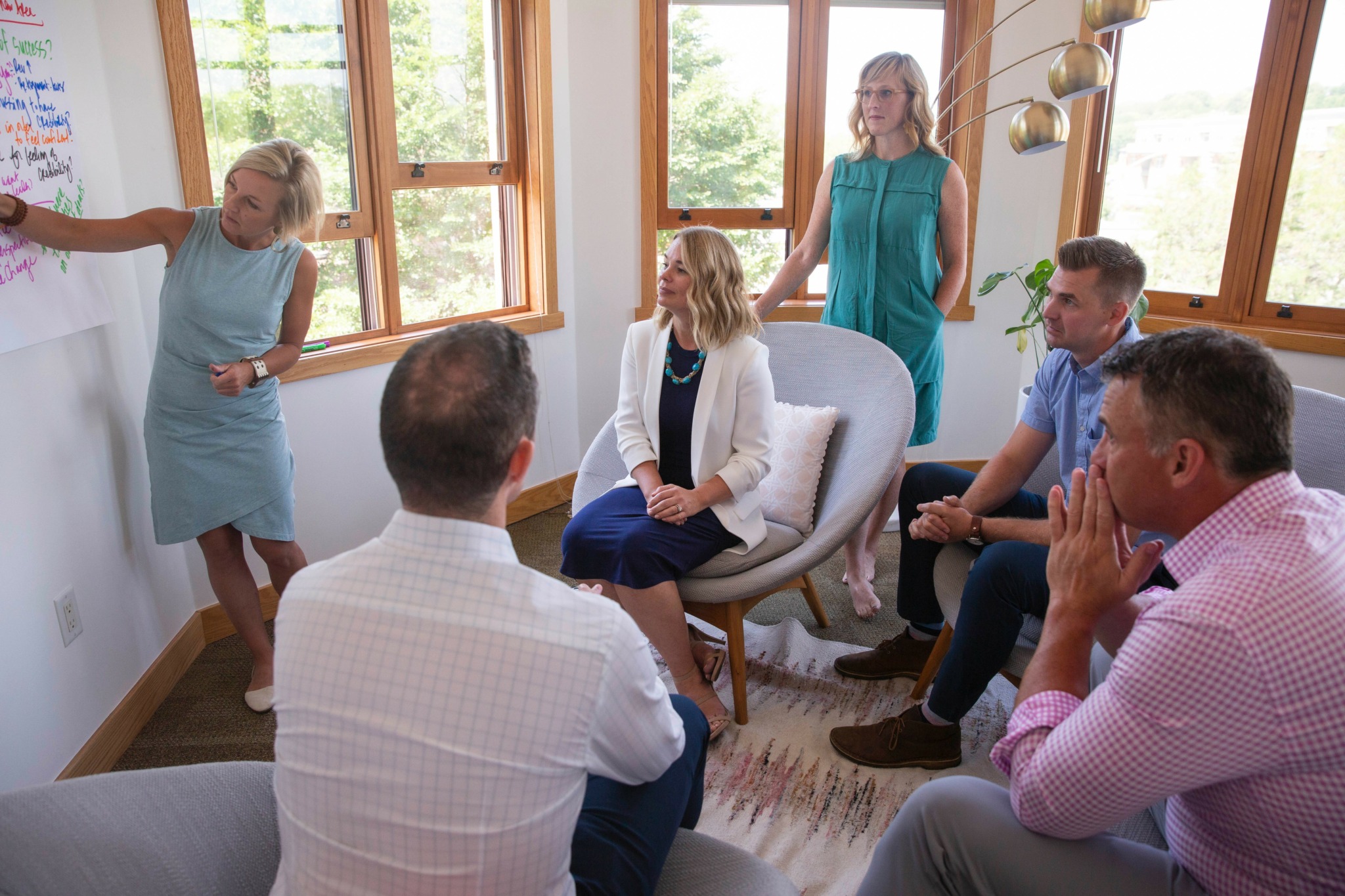
Image Credits
Bobbie Harte
Work Play Branding
Sarah Young


